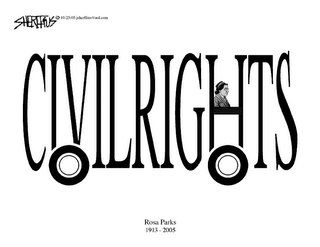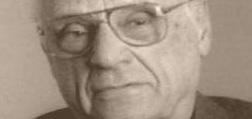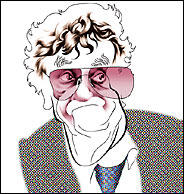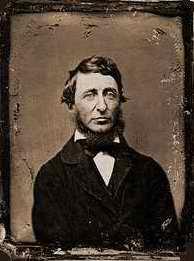You will be producing your own almanac patterned after the
Autobiography Benjamin Franklin and
Poor Richard’s Almanac. Your almanac will be a mixture of personal writing you have done for this class, information from research, and a review of a contemporary biography.



To make the project more interesting, you may want to organize your selections around a particular theme – a sport, a holiday, your hobby or place of employment. Your almanac must include the following:
1. Autobiographic Incident Narrative:
- Based on Life Map assignment
- Opens with trigger incident and closes with epiphany
- Includes at least five sensory details and three figurative devices
- 250 words – typed
2. Life-map - see
Graphical Life-Map and
Examples3. Credo or Epitaph after the fashion of:
-
Robert Fulgham or
Ben Franklin4. Copy-change poem following the pattern of one of the following:
-
Where I’m From by George Ella Lyon
-
I Live In . . . by Ntozake Shange
-
When I Was Young in . . . by Cynthia Rylant
5. General Information – include at least three:
- Weather
- Phases of the moon
- Astrological Information
- Planting/Crop Information
- Holidays
- Proverbs, Aphorisms or Quotations
- Recipes
For almanac resources see:
www.almanac.com or
www.farmersalmanac.com6. Glossary of Slang – include at least 10 words with definition and usage. For Slang Dictionaries:
www.wordspy.comwww.slangsite.com/www.ocf.berkeley.edu/~wrader/slang/a.htmlYahoo Slang Dictionary Directory 7. Strongsville Local Lore – write a short article and include a picture of one of the following:
- Living Strongsville Treasure –a person in Strongsville who embodies the spirit of your community and has a strong sense of place.
- Suburban Sanctuary – A place of peace and contemplation indoors or out where you can go to rest, relax and connect with your self.
- Essential Place in Strongsville – A location that represents the character and essential nature of the town.
Think about how Franklin would publish his Almanac today. Consider creating a Blog, web page, video, i-Movie or PowerPoint presentation.
 Rosa Parks 1913-2005
Rosa Parks 1913-2005 Rosa Parks 1913-2005
Rosa Parks 1913-2005



 Imagine if John Lennon was 65
Imagine if John Lennon was 65 Vonnegut's liberalism frows out of conservative principles, like the belief in community and extended family.
Vonnegut's liberalism frows out of conservative principles, like the belief in community and extended family. Inside the List
Inside the List The Blog of Henry David Thoreau
The Blog of Henry David Thoreau Inside the List
Inside the List Mark Twain: Voice of America
Mark Twain: Voice of America